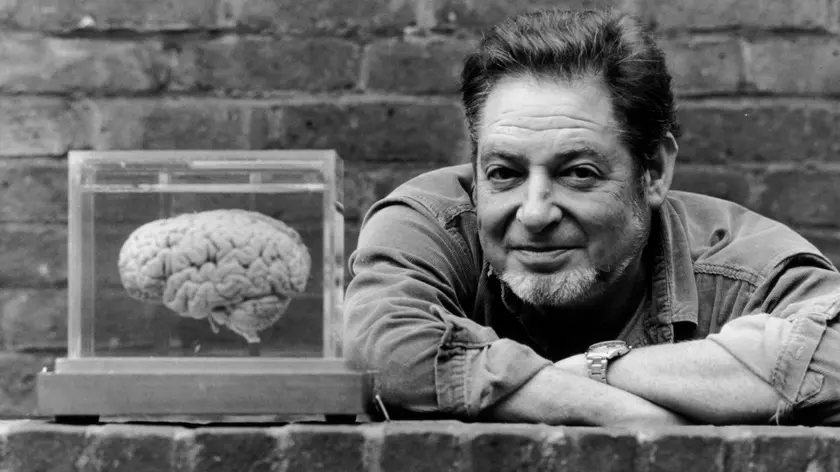T4K3.news
Steven Rose obituary analysis
A thoughtful look at the life of a scientist who challenged ideas and engaged society

A long dual portrait of a scientist who mixed profound memory research with sharp public critique, died at 87
Steven Rose obituary reveals a brilliant neuroscientist and fierce critic
Steven Rose was a pioneering neuroscientist who helped shape our understanding of memory and learning. Born in north London in 1938, he rose to become a professor at the Open University and a public thinker who argued against simplistic genetic explanations for human behavior.
His career included bold public debates and ethical work on animal research. He challenged reductionist theories in brain science and argued that environment plays a major role in intelligence. In later years he pursued potential treatments for Alzheimer's disease and remained active in science policy discussions until his death on July 9 2025 at age 87.
Key Takeaways
"We are free to make our own futures, though in circumstances not of our own choosing."
Rose on human agency and environment.
"Intelligence is always intelligence-in-context."
Core critique of fixed IQ measures.
"Combat is forced upon me. I don’t go looking for combats."
Describes his confrontational stance.
Rose is shown here as a scientist who did not hide from tough questions. He challenged genetic determinism and urged the public to see intelligence as context dependent rather than fixed.
The obituary also raises questions about how scientists should speak in public and how activism intersects with research. Rose demonstrates that bold science can carry strong social duties and that debate can drive progress even when it sparks anger.
Highlights
- Combat is forced upon me. I don’t go looking for combats.
- We are free to make our own futures, though in circumstances not of our own choosing.
- Intelligence is always intelligence-in-context.
- Such discussions are important, as each side learns to respect and accommodate the views of the other.
Risk of political controversy and public backlash
The obituary notes Rose's political actions, including a 2002 boycott of Israeli institutions and his stance on animal research, which could provoke political controversy and polarized reactions among readers.
His life invites readers to weigh science and ethics together.
Enjoyed this? Let your friends know!
Related News

Gerrard backs Ramsey ahead of Newcastle deal

Funeral notices reveal cherished lives in Devon

Bond reboot casting rumor

Walmart raises prices as tariffs take effect

Russia Builds a Wartime Edge

U.S. retail sales show unexpected growth in June

Laughter therapy shows big gains in anxiety and life satisfaction

Americans 80 and older increasingly active in the workforce
